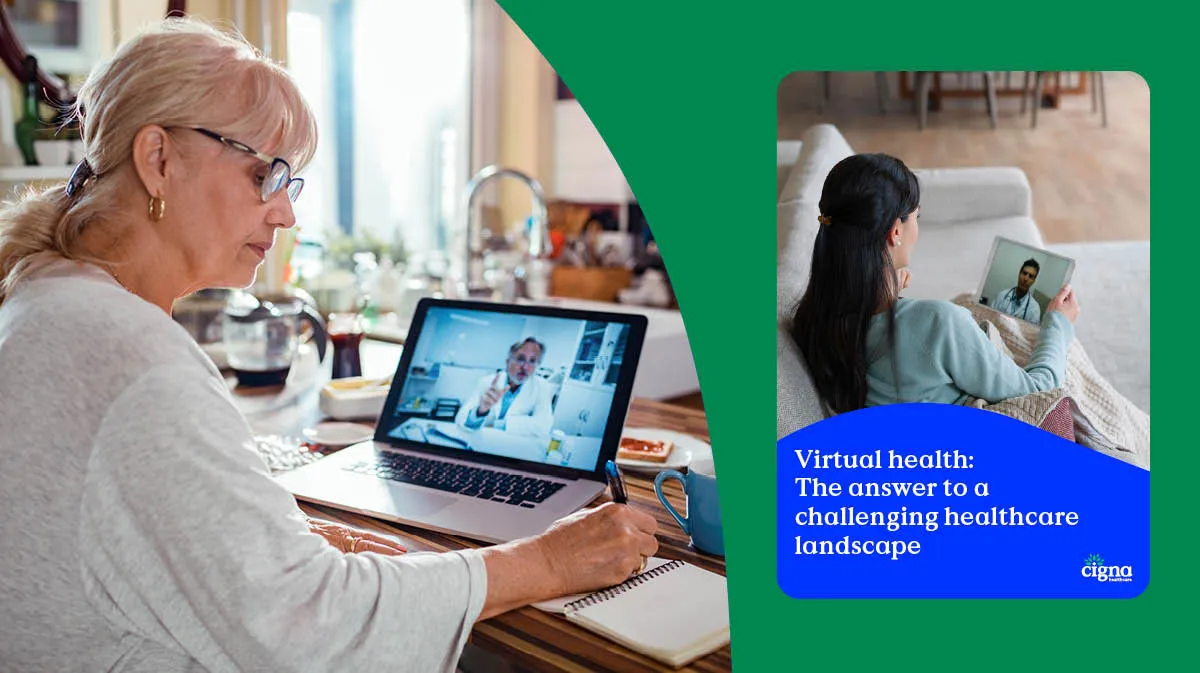Here to support globally mobile individuals in this fast-moving environment, is a market-innovating solution: Cigna’s Whole Health vision.
Whole Health is a recognition that people’s lives aren’t two-dimensional, and so health services shouldn’t be either. Whole Health also offers a way to re-establish a work-life balance – 80% of respondents in Cigna’s latest survey said they would value receiving help from their employer in this area. [1]
Cigna’s Whole Health approach places equal importance on mental health as on physical health, and expands this to look at both the home and work life of an individual through the lens of ‘My World’.
‘My World’ is our phrase for those different elements of our lives that matter most – and which form the sometimes delicate ecosystem of our well-being.
The six interacting areas of ‘My World’ are straight forward: Support Network, Home Environment, Work Life, My Family, Financial Health and Access to Care.
‘My World’ is no soundbite. It signifies that these six areas are not separate parts of an individual’s life, but part of a whole that are interconnected and affect each other.
Cigna’s Whole Health approach is a response to people’s needs in a changing world and an acknowledgement that our lives are complex, our plates are full, and our health, self and well-being are made up of many moving parts that change from moment to moment.
Even before the pandemic, the possibility for a company’s workforce to take their work home with them was much greater than it was a decade before. Cigna’s research in this area has found that after-hours work and weekend work – on top of typical working hours – is the reality for many people.[2] The challenge for expats in maintaining a work life balance amidst this rising trend of out-of-hours work is even greater as without a strong social support network, they are even more likely to overwork.
The modern expat therefore needs a healthcare plan that supports their lives just as they are, and can positively contribute to the ecosystem of their Whole Health.
Cigna’s key products and services for globally mobile individuals are perfectly suited to provide this support. From our Global Telehealth service which gives policy holders access to licensed doctors around the world for non-emergency issues at any time of the day (or night), and in their own language; to our friendly and comprehensive clinical case management team who can guide people through a treatment plan, saving time and taking the stress out of arranging treatment when it’s required; to our Cigna Wellbeing app, which provides a Whole Health toolkit, such as biometric trackers for blood sugar, blood pressure, cholesterol, sleep, weight; and a host of health content and coaching programmes.
At Cigna we know that Whole Health does not mean instant health. For us, delivering Whole Health is a journey towards better health – a journey that we want to take as many partners on as possible.
[1] Cigna - CSR Employee Wellbeing Qualitative Research
[2] Cigna - CSR Employee Wellbeing Qualitative Research


.webp)